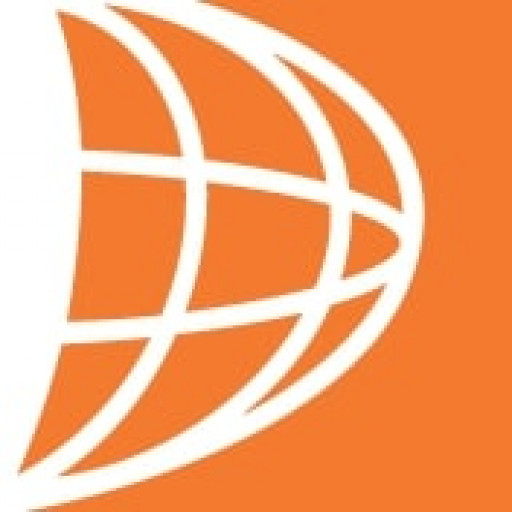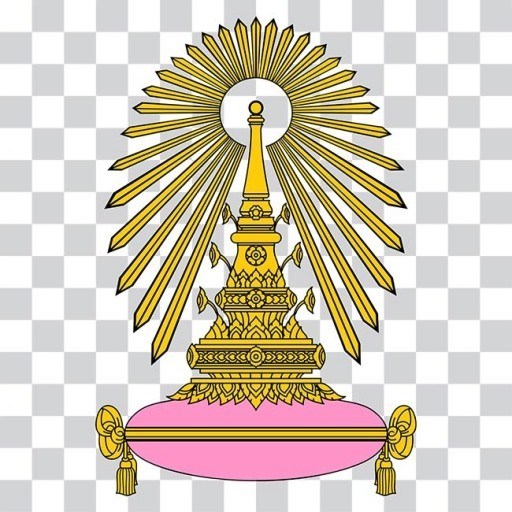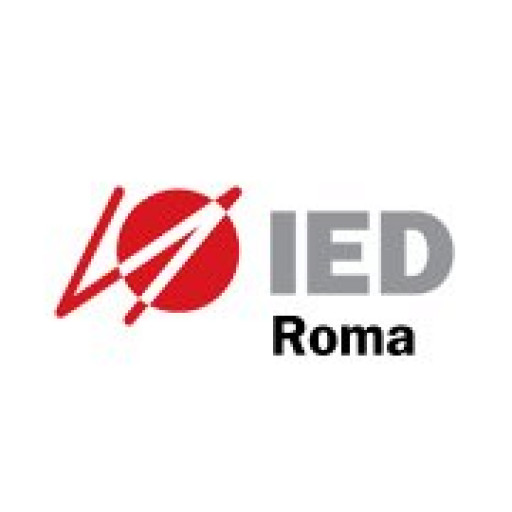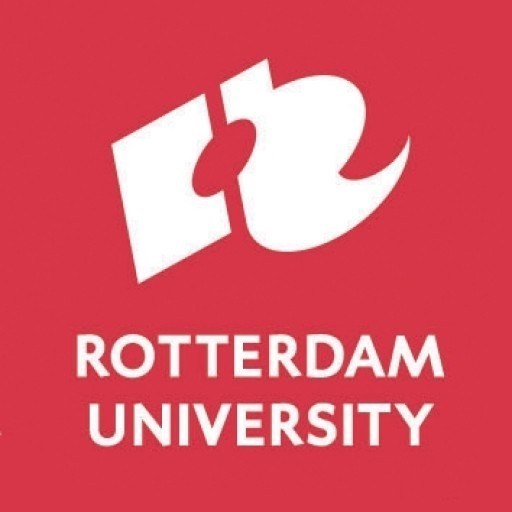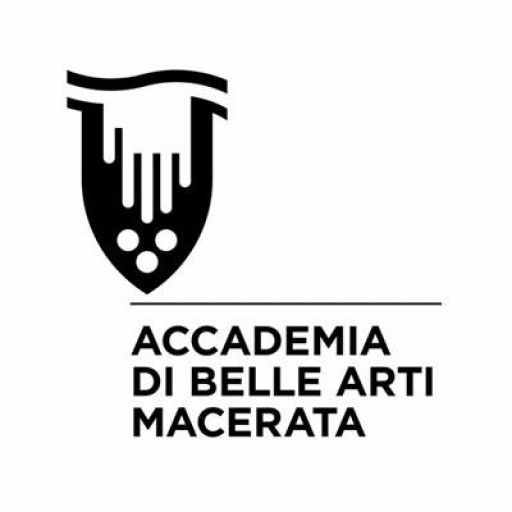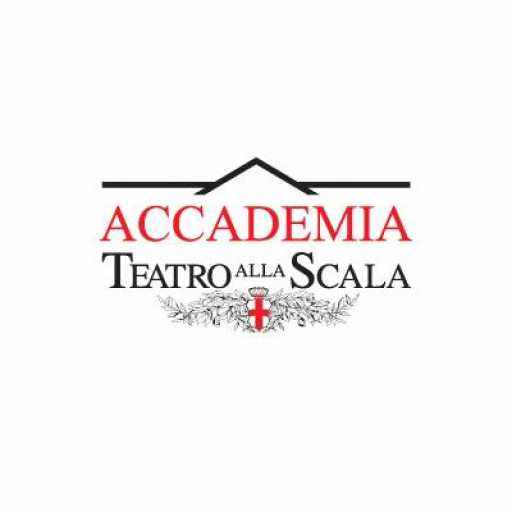Photos of university / #chalmers.university
Embedded Electronics System Design is an innovative master's program offered by Chalmers University of Technology, tailored for students passionate about developing advanced embedded electronic systems. This program combines theoretical foundations with practical applications, equipping graduates with comprehensive skills to design, analyze, and implement complex embedded systems used across various industries such as automotive, telecommunications, robotics, and consumer electronics. The curriculum covers a broad spectrum of subjects including digital and analog electronics, embedded hardware design, real-time operating systems, software development for embedded devices, signal processing, sensors and actuators integration, and system verification and validation.
Students will gain hands-on experience through laboratory work, project-based assignments, and collaborations with industry partners, ensuring they acquire the practical skills necessary to meet the demands of modern electronic system development. The program emphasizes interdisciplinary thinking, encouraging students to integrate knowledge from electrical engineering, computer science, and mechatronics to develop innovative solutions. Participants will also have opportunities to specialize in areas such as IoT (Internet of Things), automotive electronics, or robotics, aligning their education with current technological trends and industry needs.
The program fosters a collaborative environment, promoting teamwork and communication skills vital for professional success. Graduates of Embedded Electronics System Design will be well-prepared for careers in research, development, and innovation within industries that rely heavily on embedded systems. They will possess the technical expertise and problem-solving abilities to contribute to the creation of smarter, more efficient, and more reliable electronic products and systems. With the rapid advancement of technology and increasing demand for embedded systems in everyday life, this degree program offers a solid foundation for a dynamic and rewarding career in electronic system design and development.
The Master's Programme in Embedded Electronics System Design at Chalmers University of Technology offers a comprehensive and in-depth education focused on the design, development, and integration of embedded electronic systems. This programme is tailored for students who are passionate about creating intelligent and autonomous systems that are embedded within various applications, including industrial automation, automotive systems, consumer electronics, and medical devices. Throughout the programme, students will acquire advanced knowledge in digital and analog electronics, embedded software development, hardware-software co-design, and system architecture.
The curriculum emphasizes a multidisciplinary approach, combining principles from electrical engineering, computer science, and embedded systems engineering. Students will engage in advanced coursework covering topics such as microcontroller and microprocessor design, real-time operating systems, hardware description languages, and communication interfaces. Practical laboratory exercises, project-based learning, and collaborations with industry partners form an integral part of the programme, providing real-world experience and an understanding of current challenges and solutions in embedded system design.
Research components within the programme allow students to explore innovative topics such as energy-efficient embedded systems, safety-critical applications, and the integration of artificial intelligence with embedded hardware. Students also have opportunities to participate in workshops, seminars, and collaborations with academia and industry, fostering a creative and innovative mindset. The programme prepares graduates for careers as embedded systems engineers, hardware and software developers, system architects, or further research and doctoral studies.
Graduates of this programme will be equipped with the skills to analyse, design, and evaluate embedded electronic systems for a broad range of industries. They will be capable of addressing complex technical problems, implementing efficient and robust solutions, and contributing to the development of future technological innovations. The programme underscores sustainability and innovation, encouraging students to develop solutions that are both cutting-edge and environmentally conscious. With its strong focus on practical skills and theoretical foundations, the Embedded Electronics System Design programme at Chalmers provides a solid foundation for a successful career in the rapidly evolving field of embedded electronics.
The Embedded Electronics System Design master's programme at Chalmers University of Technology requires applicants to hold a completed bachelor's degree or equivalent in electrical engineering, computer engineering, or a closely related field. Applicants must demonstrate proficiency in core courses such as electronics, digital systems, programming, and embedded systems. Additionally, as part of the admission criteria, applicants are expected to have a solid foundation in mathematics, including courses in calculus and linear algebra, as well as experience with hardware description languages and microcontroller programming. Proficiency in English is mandatory, and applicants must submit evidence of English proficiency through tests such as IELTS (minimum score of 6.5) or TOEFL (minimum score of 90 on the internet-based test). The programme emphasizes interdisciplinary knowledge, requiring students to have skills in both hardware and software development for embedded electronics. Applicants should also provide a statement of purpose outlining their motivation and relevant experience related to embedded systems and electronic design. The selection process is competitive and considers academic records, relevant work experience, and personal motivation. There are limited places available, and prerequisites may include prior coursework in embedded system design, signal processing, and real-time operating systems. All applicants are advised to review the specific admission requirements posted on the university’s official website to ensure eligibility and to submit complete application documents before the deadline. The programme integrates theoretical studies with practical project work, requiring students to undertake individual and group tasks that simulate real-world embedded system challenges. Starting from foundational concepts, the curriculum gradually advances to complex system integration, hardware-software co-design, and application-specific device development. Participation in seminars, workshops, and industry collaborations is encouraged to enhance practical skills and network building.
The financing of the Embedded Electronics System Design program at Chalmers University of Technology involves multiple aspects aimed at supporting students throughout their studies. The program is primarily funded through a combination of tuition fees, government grants, and scholarship opportunities. For international students, tuition fees are established annually, and payments are typically made per semester. Scholarships such as Chalmers IP Scholarships, Chalmers Admission Scholarships, and other external funding options are available to attract talented students from around the world. These scholarships can significantly reduce the financial burden and facilitate access to high-quality education in embedded electronics and integrated system design.
Additionally, students may have the opportunity to finance their studies through student loans and grants provided by their home countries or international organizations. The Swedish government also offers loan programs to admitted students who meet certain criteria, enabling them to manage their finances more effectively during their studies.
Part-time work opportunities may also be pursued by students to support their expenses, with campus employment or internships often aligned with their field of study. These internships not only provide financial support but also valuable industry experience. The university provides career services to assist students in finding relevant employment and internships, which can help cover living costs and enhance employability post-graduation.
Finally, external funding sources such as industry partnerships, research grants, and sponsored projects contribute to the overall financing landscape of the program. Such collaborations may also offer students project opportunities that are partially financed, enriching their practical experience and preparing them for the job market. Overall, the program’s financing structure aims to make advanced education in embedded electronics accessible and manageable for students from diverse backgrounds.
Embedded Electronics System Design at Chalmers University of Technology is a comprehensive master's program that focuses on the development and integration of embedded electronic systems used in a wide range of modern applications, including automotive, aerospace, industrial automation, and consumer electronics. The program aims to equip students with a deep understanding of both hardware and software aspects of embedded systems, emphasizing design, implementation, and verification processes to meet the demanding requirements of today's technological innovations.
Students enrolled in this program will explore topics such as embedded microcontrollers, digital signal processing, real-time operating systems, and hardware description languages, among others. The curriculum is designed to combine theoretical knowledge with practical skills, providing opportunities for project-based learning and collaboration with industry partners. This ensures that graduates are well-prepared for the challenges of designing complex embedded solutions that are efficient, reliable, and energy-efficient.
Throughout the program, students have access to state-of-the-art laboratories and research facilities that enable hands-on experimentation and prototyping. They also engage with cutting-edge research in areas like IoT (Internet of Things), robotics, and embedded AI, keeping pace with technological advancements. The program concludes with a master's thesis, where students undertake a substantial research or development project, often in collaboration with industry, contributing valuable innovations to the field.
Career opportunities for graduates of Embedded Electronics System Design are diverse, including roles such as embedded systems engineer, hardware/software integration engineer, system architect, and research and development specialist. Graduates are highly sought after in industries that require sophisticated electronic systems and embedded solutions to improve functionality, efficiency, and safety.
The program benefits from Chalmers' strong links with industry and research institutions, providing students with networking opportunities, internships, and potential employment pathways. It also fosters a multidisciplinary approach, encouraging collaboration across different engineering fields. Graduates leave with a solid foundation in engineering principles, complemented by specialized knowledge in embedded electronic systems, making them competitive in the global job market.
In summary, the Embedded Electronics System Design master's program at Chalmers University of Technology offers a rigorous and industry-relevant education for students passionate about embedded systems engineering, preparing them for a successful career in technological innovation and development.



